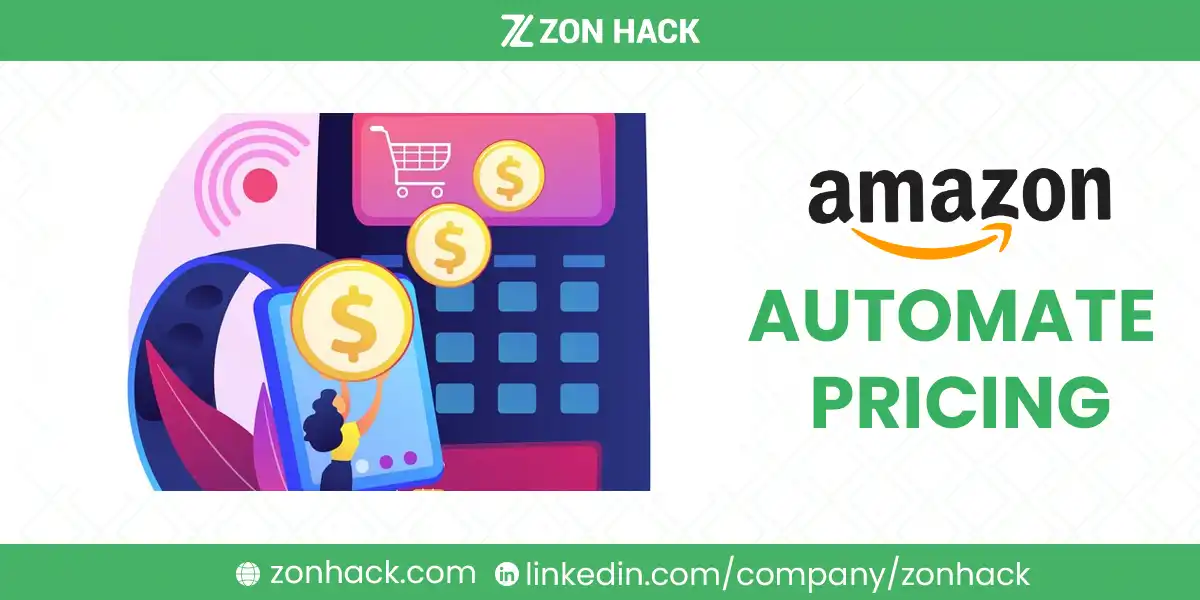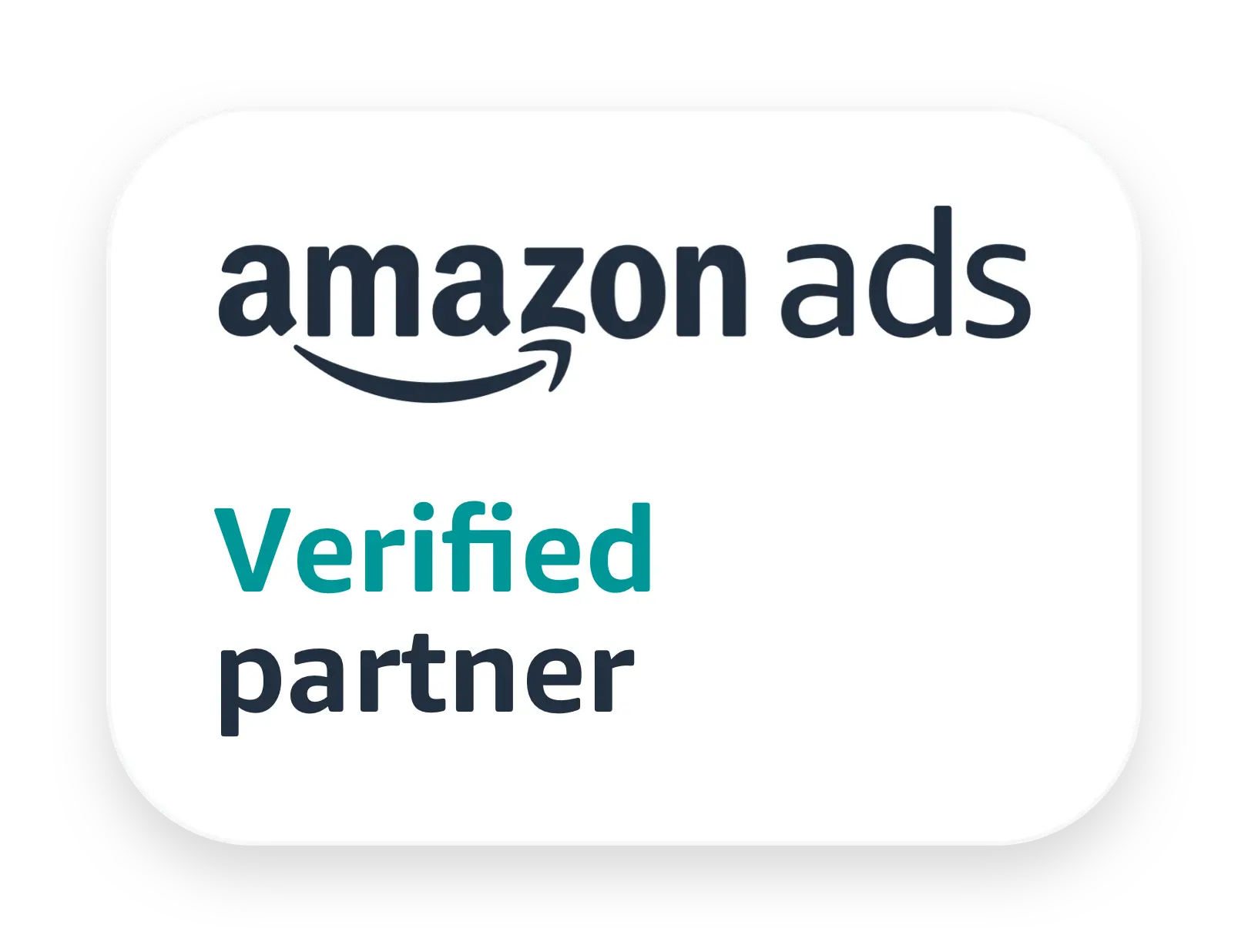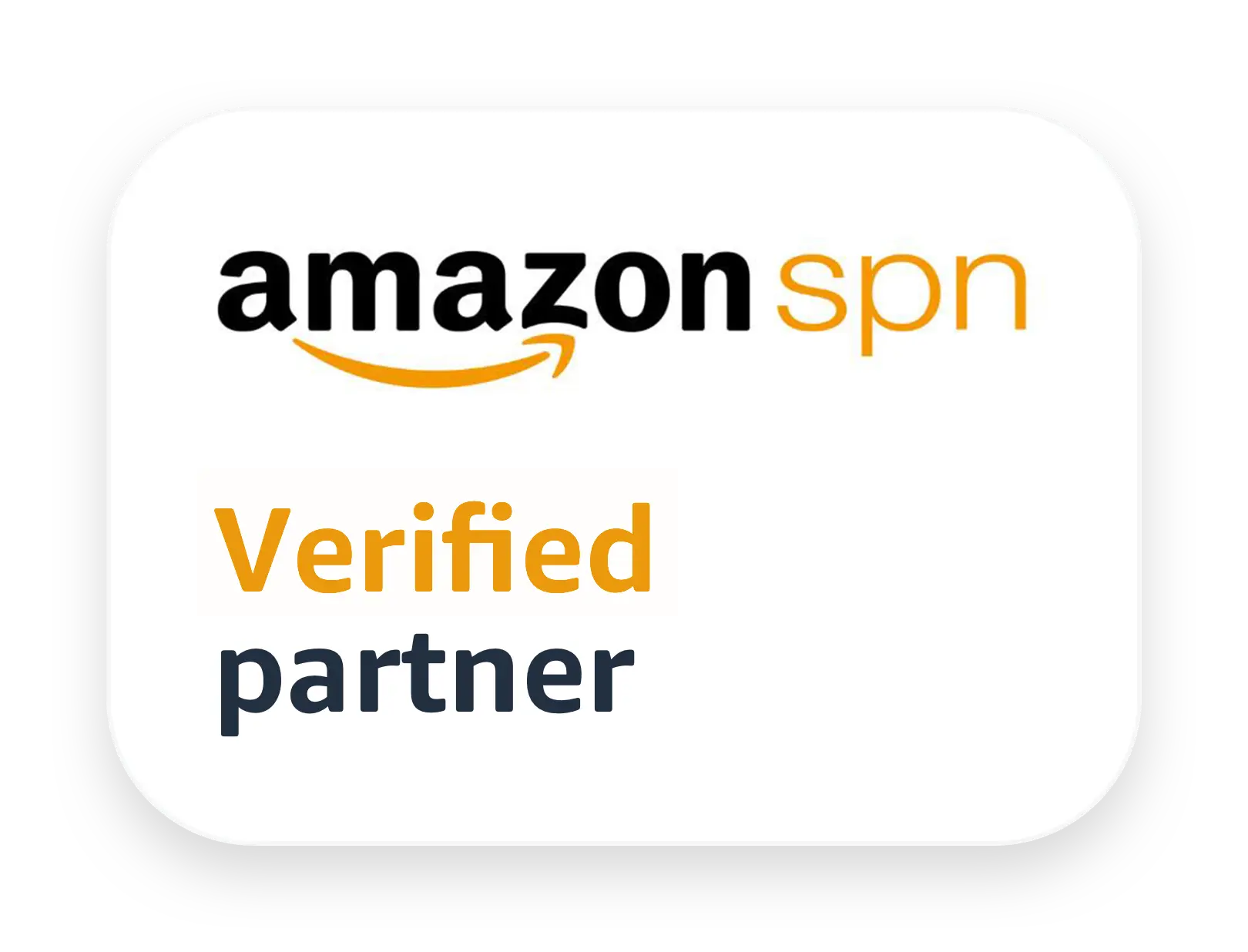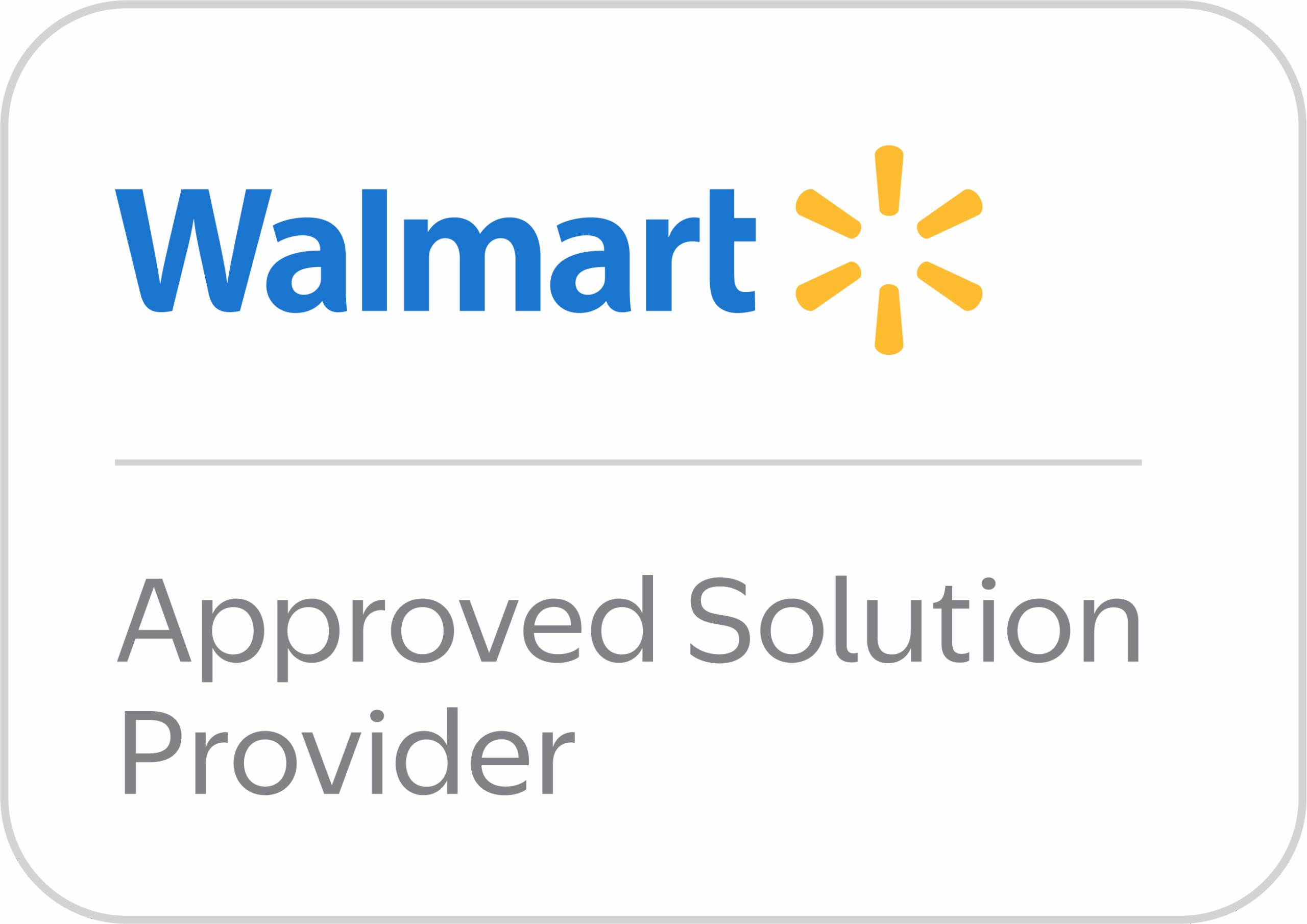Amazon Automate Pricing is a powerful tool designed to help sellers stay competitive by adjusting prices automatically based on predefined rules. This feature ensures that you can maintain optimal pricing to win the Buy Box or adjust to market dynamics without manually altering your product prices daily. Automate Pricing not only saves time but also increases your chances of winning more sales by reacting to competitors’ prices in real-time. When implemented correctly, this tool can boost your profit margins while keeping your products competitively priced.
What Is Amazon Automate Pricing?
Amazon Automate Pricing is a feature integrated into the Amazon Seller Central platform, allowing sellers to automate the process of adjusting product prices. Instead of manually reviewing competitors’ prices and adjusting your product price every time, Amazon Automate Pricing takes the work off your hands by automating this process based on the rules you set. This tool can monitor competitor prices, adjust your product pricing to stay competitive, and help you maintain your desired profit margins without sacrificing your place in the market.
By setting specific rules, such as always keeping your price lower than your competitors by a specific percentage or matching the lowest price, you allow the algorithm to dynamically adjust prices as the market changes. This is especially crucial in highly competitive categories where Buy Box eligibility can mean the difference between high and low sales.
How Does Amazon Automate Pricing Work?
Amazon Automate Pricing works by utilizing several key features and algorithms to monitor and adjust pricing automatically. Here’s a simple breakdown of how it operates:
- Monitor Competitor Prices: The tool continuously scans the pricing of your competitors for the same or similar products.
- Repricing Rules: Based on the rules you set, Amazon automatically adjusts your price to stay competitive, whether that means being slightly lower, matching, or keeping above your competitor’s price.
- Price Limits: You can set minimum and maximum price limits to ensure that automated pricing doesn’t undercut your margins too much or price you out of the market.
- Automatic Buy Box Adjustment: For sellers, the Buy Box is critical, as over 80% of sales go through it. Automate Pricing can adjust your prices to help you win or retain the Buy Box position based on Amazon’s algorithm.
For example, if a competitor lowers their price by $1, Amazon’s Automate Pricing feature will automatically lower your product’s price by the same amount or by a smaller predefined amount to ensure competitiveness.
Why Should You Use Amazon Automate Pricing?
Automate Pricing offers many advantages, especially if you’re selling in competitive categories.
- Saves Time: Manually adjusting prices for multiple products daily is time-consuming. Automate Pricing reduces this burden.
- Maintains Competitiveness: In highly competitive categories, prices fluctuate frequently. Automate Pricing ensures that your product price adjusts in real time, so you don’t miss out on potential sales.
- Improves Sales Volume: Winning the Buy Box through optimized pricing can increase your product visibility and drive more sales.
- Increases Profit Margins: By setting minimum price limits, you ensure that while you’re competitive, you’re not sacrificing your profit margins.
Moreover, sellers who consistently use automate pricing have reported an increase in sales volume by as much as 30% when actively adjusting prices to remain competitive.
What Pricing Strategies Can You Implement with Automate Pricing?
- Setting Price Targets
When using Automate Pricing, it’s essential to have well-defined goals for each product. These goals could include maximizing profit margins, increasing sales velocity, or winning the Buy Box. Setting minimum and maximum price limits ensures that your automated pricing strategy aligns with these objectives.
For example, let’s say your goal is to always be within 1% of the lowest price for a product. You can set Automate Pricing to adjust prices within that range, so you stay competitive without dropping your price to the lowest level and risking margin erosion.
- Competitive Pricing Rules
One effective strategy is to use Automate Pricing to always keep your product priced lower than a specific competitor by a few cents. This method ensures you remain competitive without engaging in a price war that could hurt your margins.
- Buy Box Pricing
If your goal is to win the Buy Box, Amazon’s Automate Pricing allows you to set rules specifically targeting this objective. For example, you might want to set a rule where your price automatically adjusts to match the Buy Box winner or slightly undercut them by a few cents.
How to Choose the Best Amazon Automate Pricing Tool?
While Amazon offers its native Automate Pricing feature, third-party tools are also available, offering more advanced functionalities. Here are some factors to consider when choosing the right tool for your business:
- Feature Set: Third-party tools often provide additional features like competitor monitoring, price tracking over time, and advanced analytics.
- Ease of Use: Choose a tool with an intuitive interface that’s easy to navigate. Complex systems may take too long to set up, defeating the purpose of automation.
- Cost: Some tools come with a monthly fee, while others charge based on your sales volume. Amazon’s native tool is free, but it may lack some advanced features found in third-party options.
| Tool Name | Price | Features | Ease of Use |
| SellerApp | $49/month | Advanced analytics, competitor monitoring | Medium |
| SellerAssistant | $29/month | Dynamic pricing, Buy Box optimization | Easy |
| Amazon Native | Free | Basic automated repricing | Easy |
Each tool has its pros and cons, so it’s essential to evaluate them based on your business needs.
What Are Some Common Challenges with Automate Pricing?
Automate Pricing can significantly benefit your business, but there are some challenges and pitfalls you need to be aware of:
Price Wars: One of the main risks with automated pricing is engaging in a price war with competitors. If your rules are too aggressive, you may find yourself lowering prices continually, which can result in lower profit margins.
Over-reliance on Automation: Although automation saves time, you should not completely rely on it without oversight. Regular monitoring and tweaking of repricing rules are essential to avoid errors, especially if market conditions change or a new competitor enters.
Data Accuracy: Ensure that your cost data and minimum price settings are accurate. Failing to account for updated costs can lead to pricing below your profit threshold.
Bonus Section: Advanced Strategies to Enhance Automate Pricing
Incorporating advanced strategies into your automate pricing setup can maximize its benefits. Some tools now integrate machine learning algorithms that adjust pricing based on market trends and competitor behavior in real-time. Machine learning allows the system to predict demand, ensuring your prices are always optimized for sales growth while maintaining profitability.
Another approach is psychological pricing. This strategy involves setting prices that end in .99 or .95, which has been proven to influence consumer behavior by making prices seem lower than they are. By integrating psychological pricing rules, you can make your automated pricing even more effective.
FAQs
Can I Pause Automate Pricing?
Yes, Amazon allows you to pause Automate Pricing at any time if you wish to return to manual pricing.
How Often Does Automate Pricing Adjust Prices?
Amazon updates your prices almost in real-time as soon as competitors’ prices change, ensuring you stay competitive.
Can I Use Automate Pricing with FBA?
Yes, Automate Pricing works seamlessly with Fulfilled by Amazon (FBA) listings.
Summary
In summary, Amazon Automate Pricing is an invaluable tool for sellers looking to stay competitive in a fast-paced marketplace. By automating the process of price adjustments, you save time, improve sales, and maintain profitability. However, while automation offers significant benefits, manual oversight, and strategic rule-setting are critical to ensuring long-term success.




